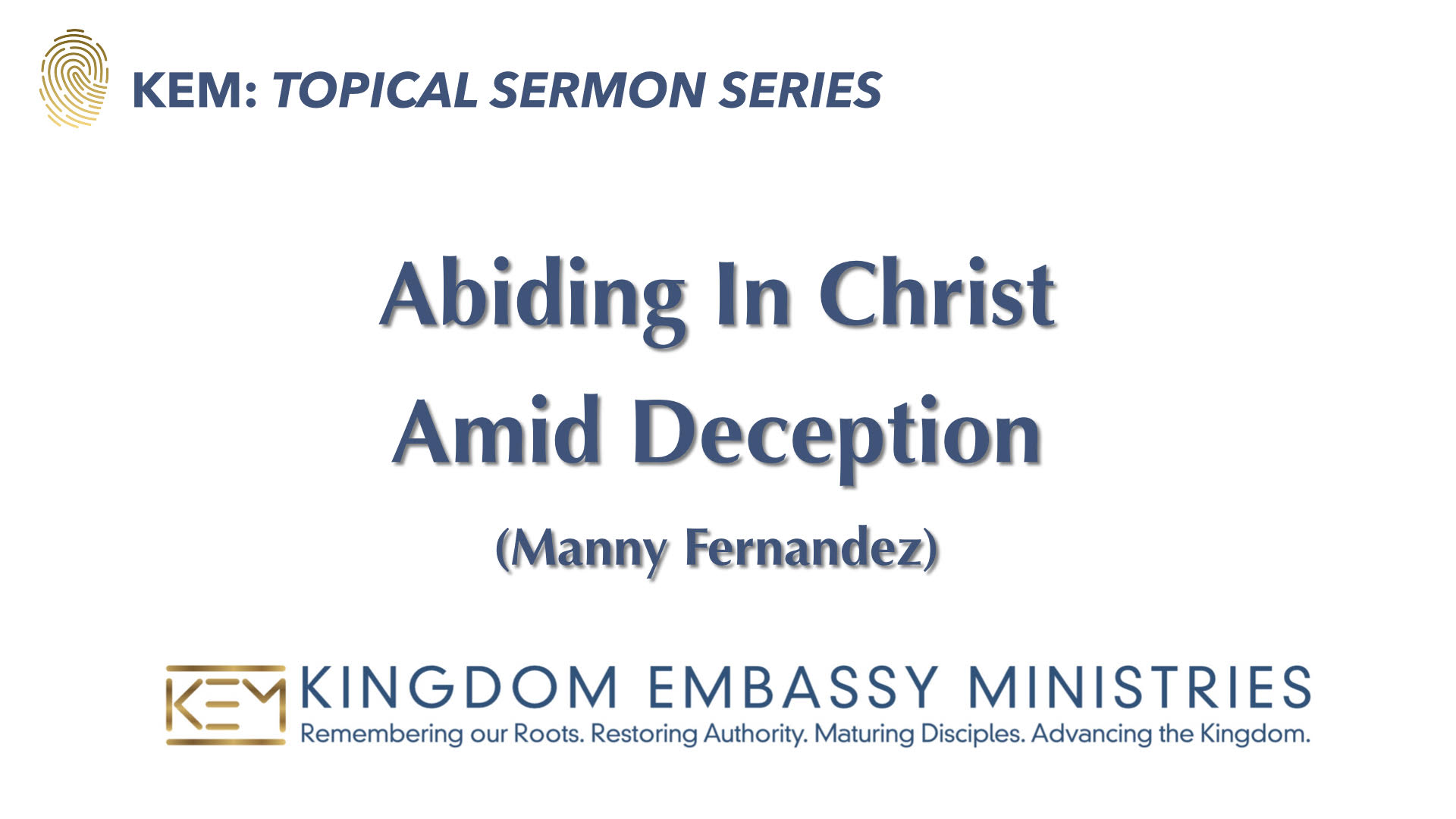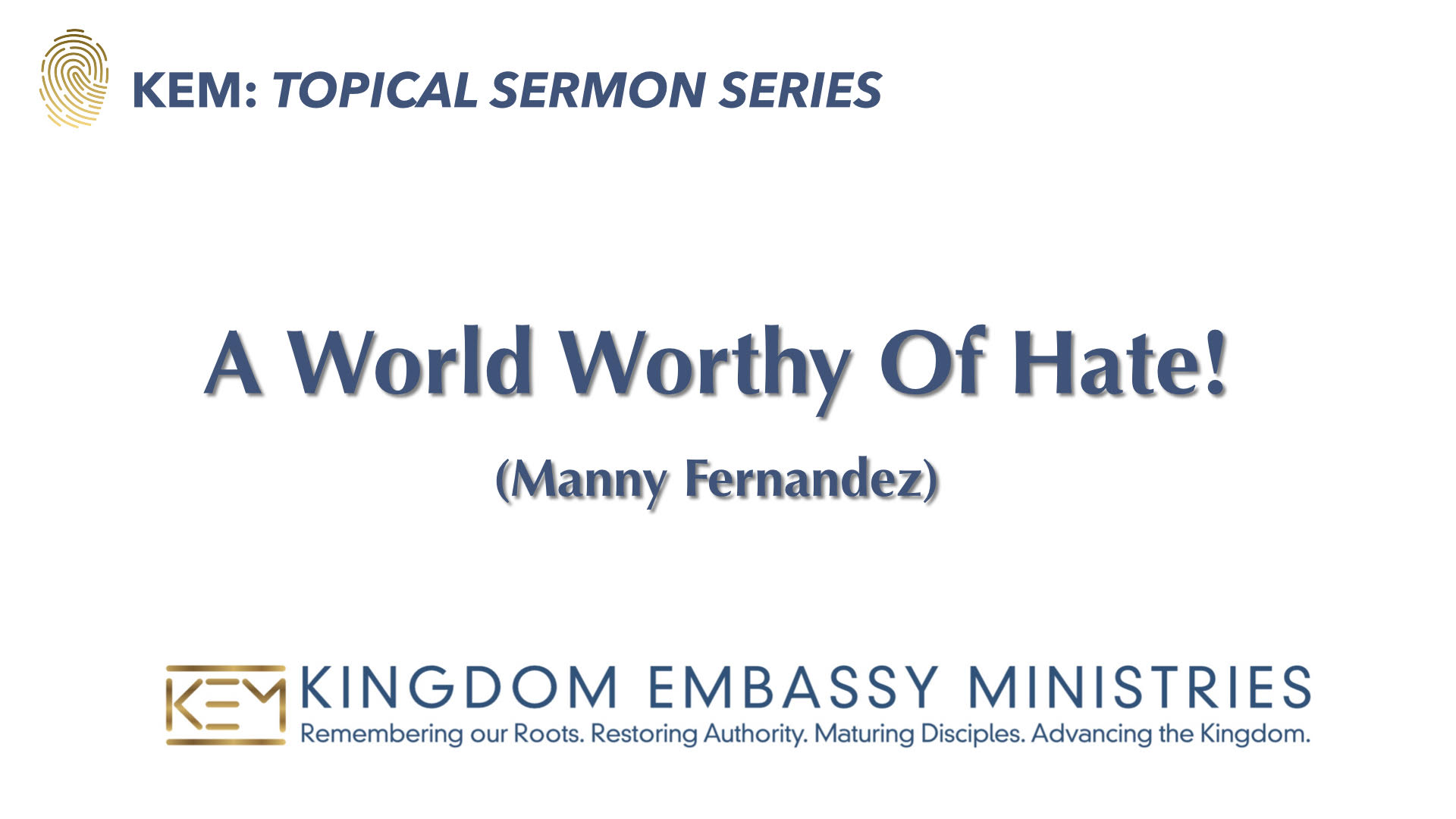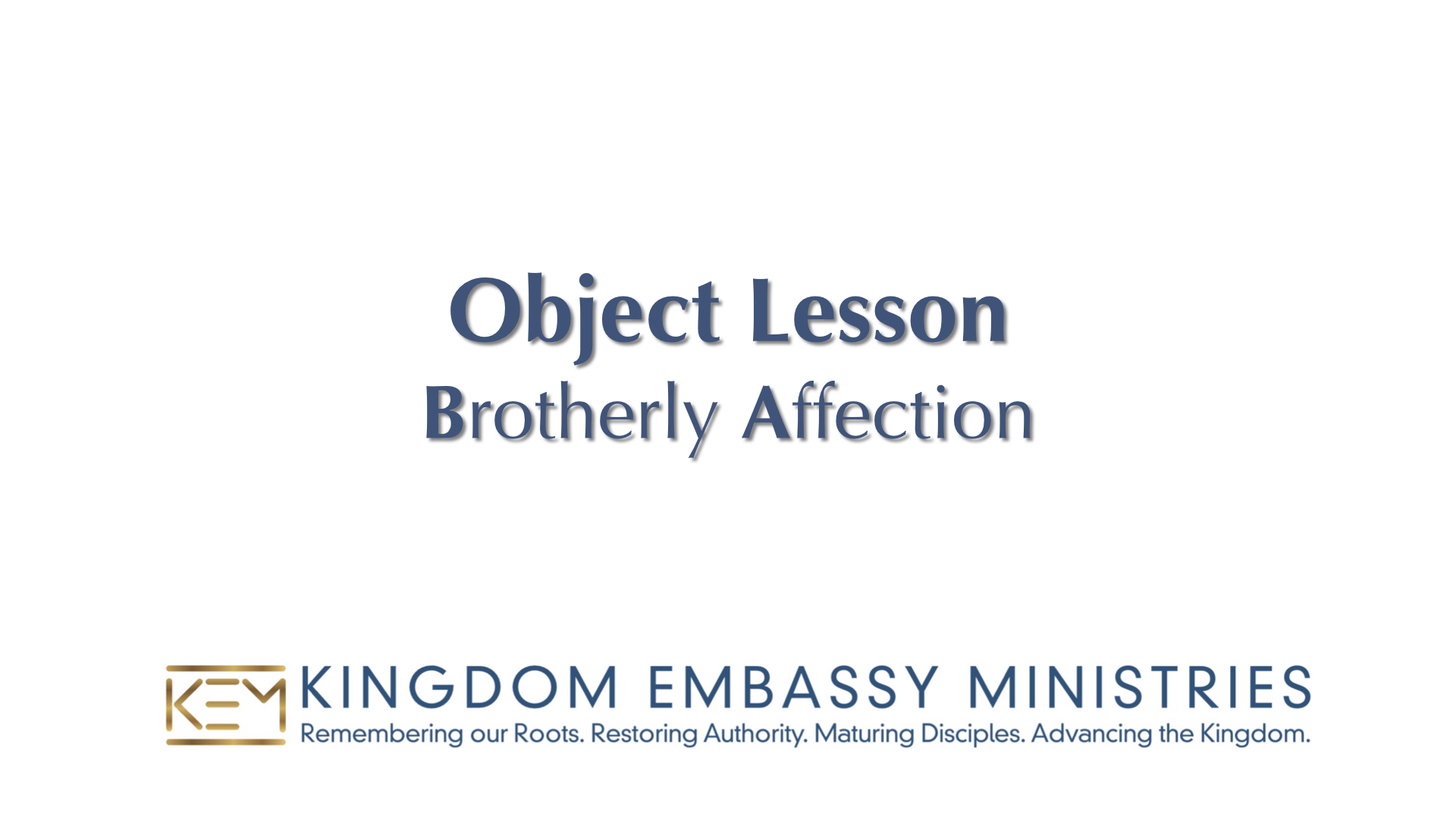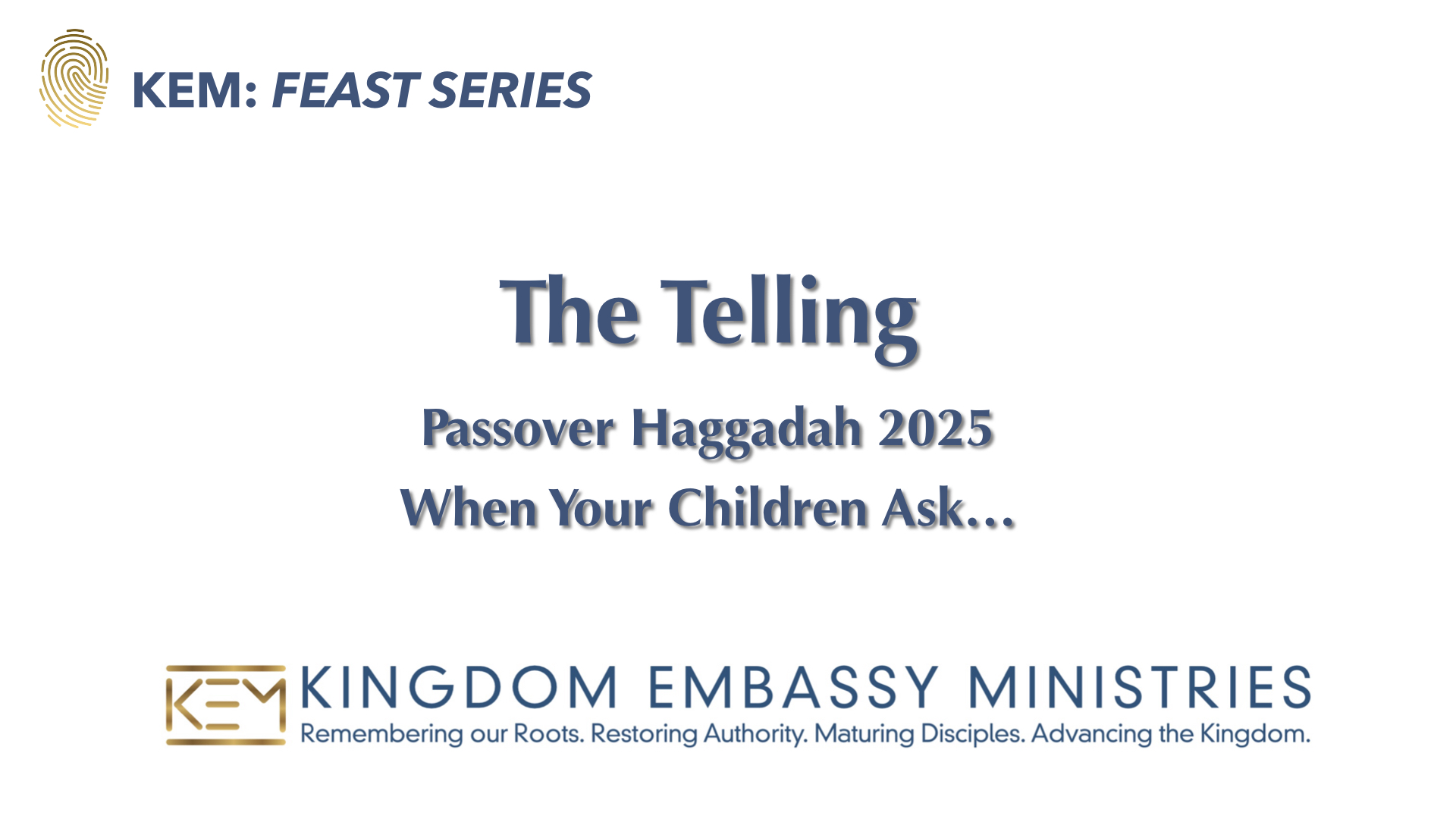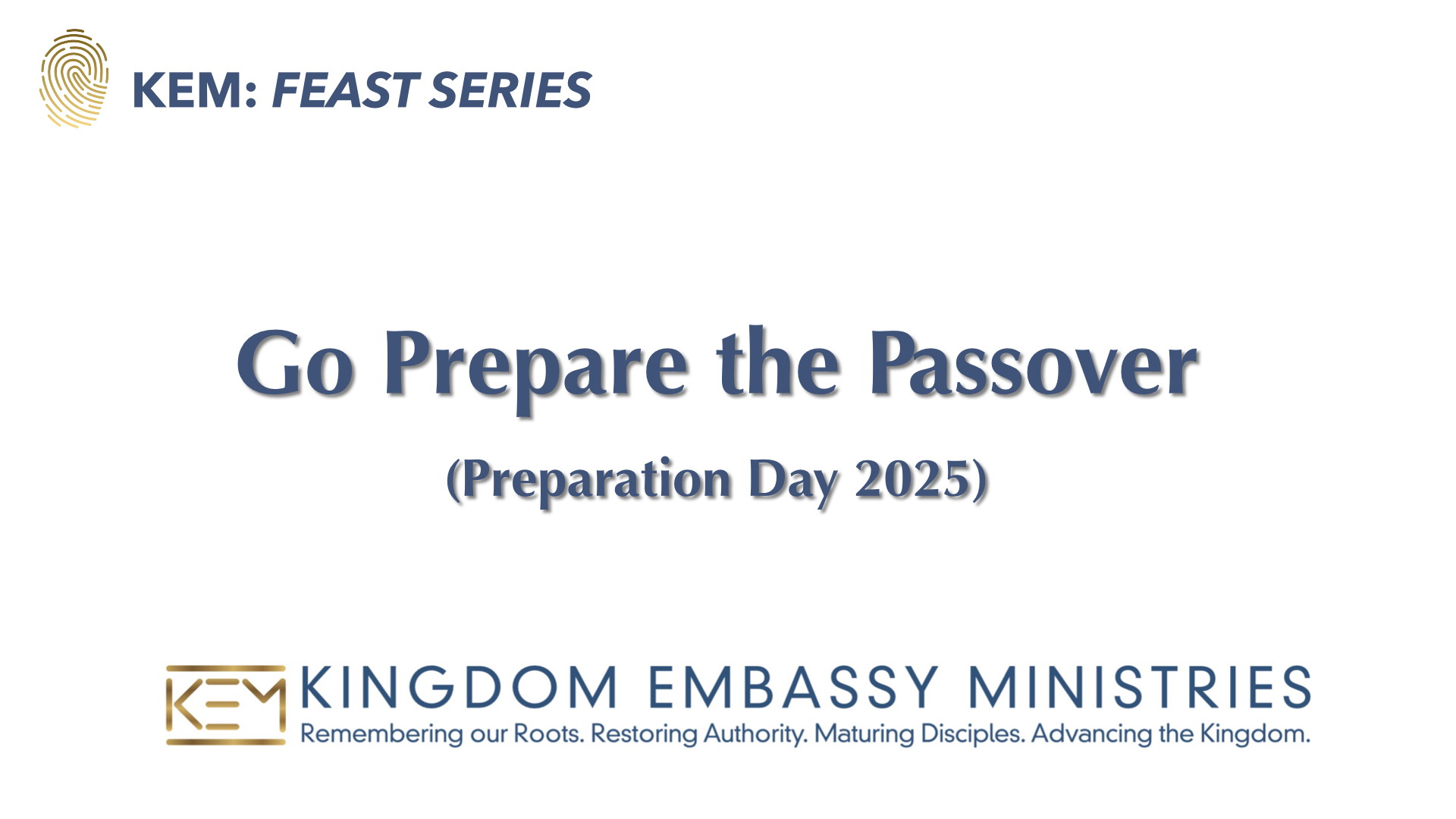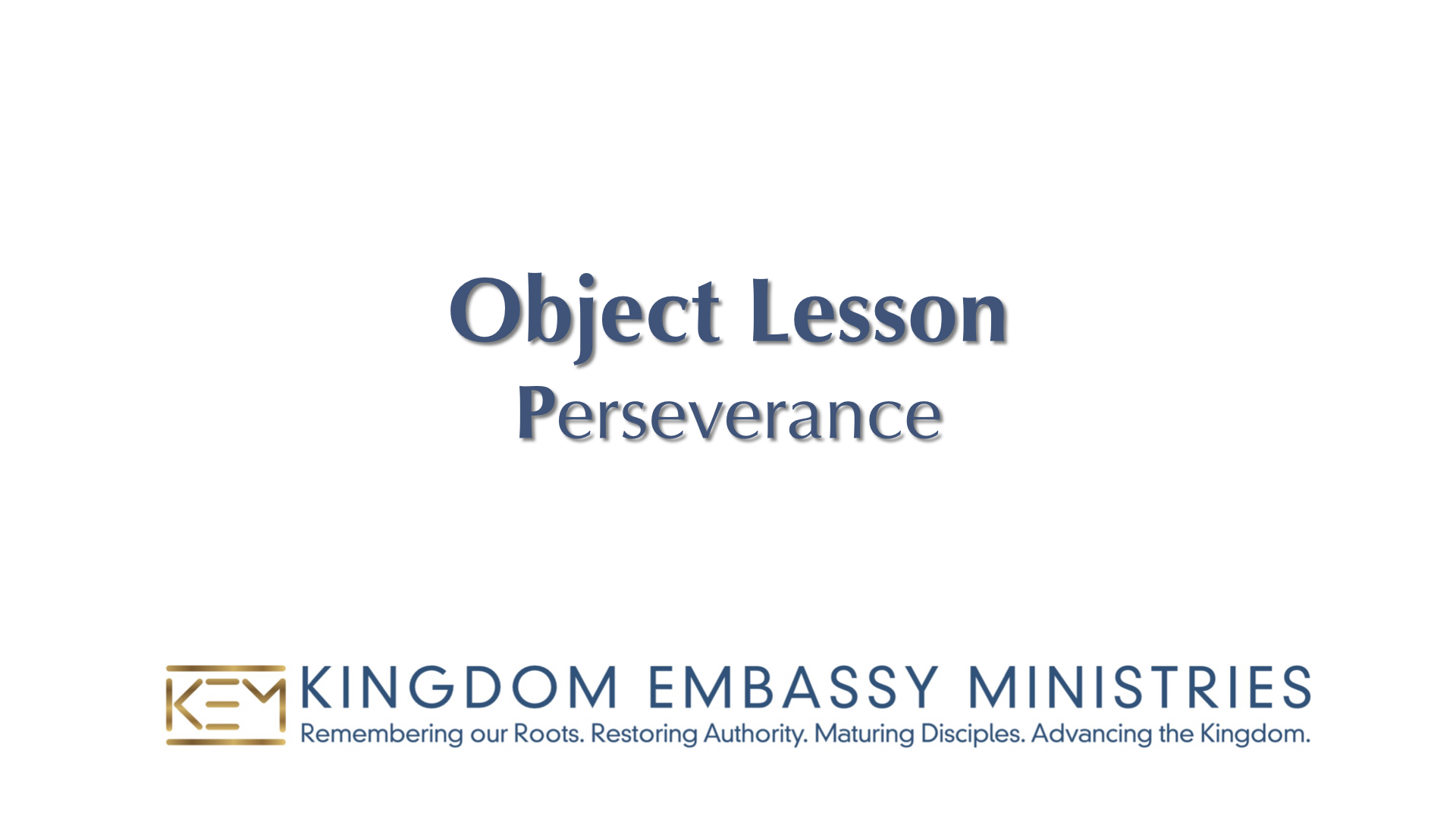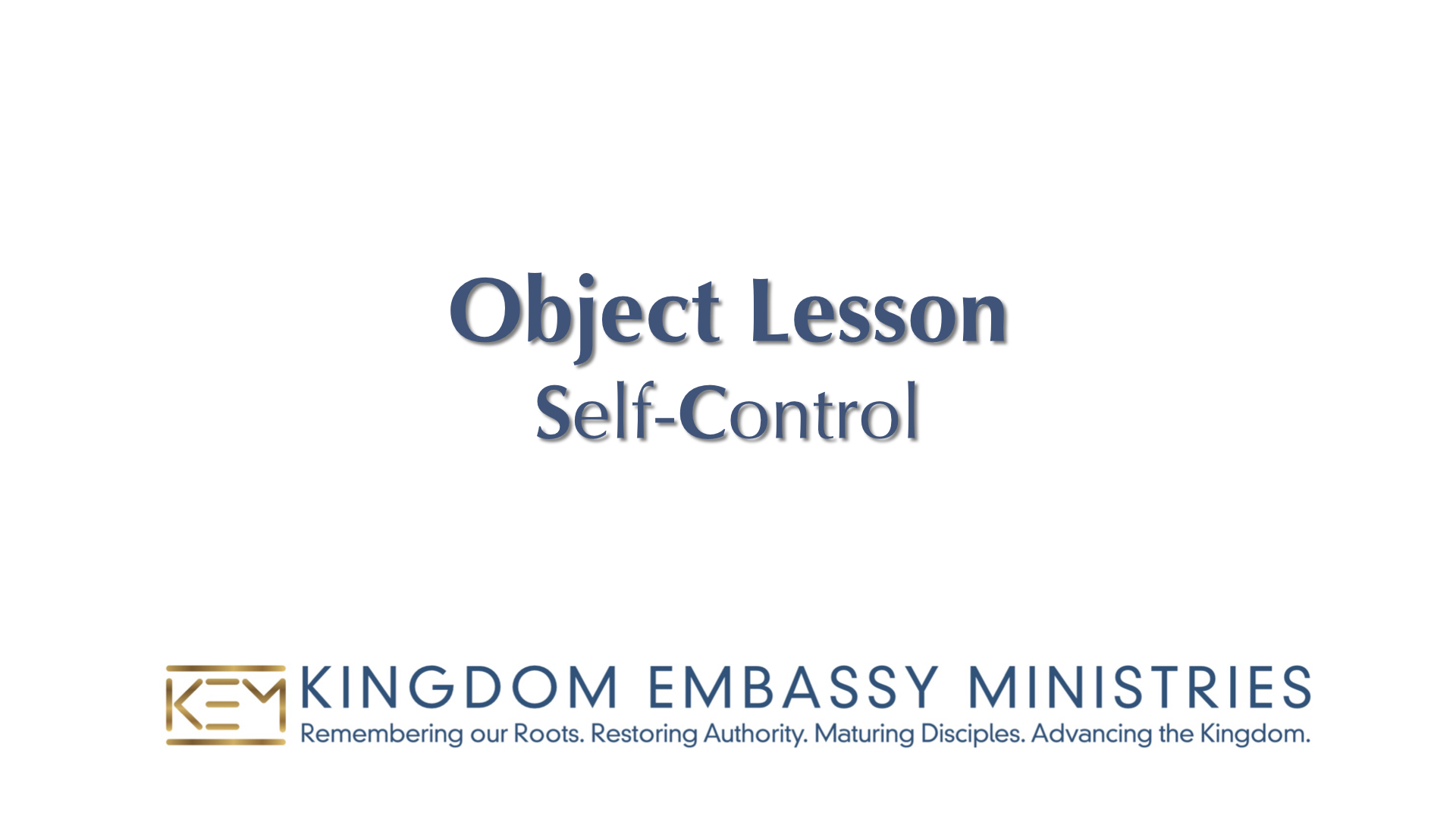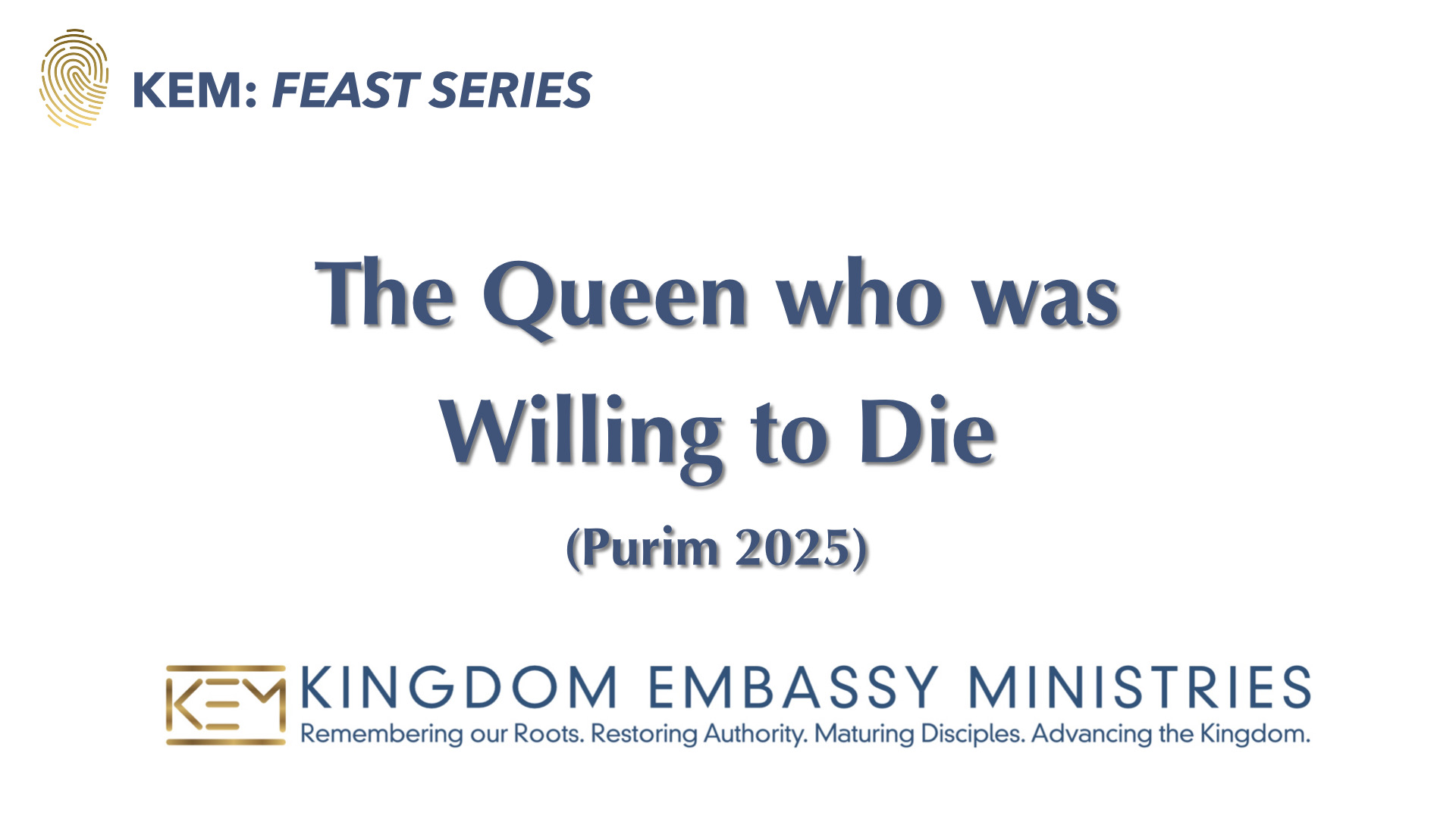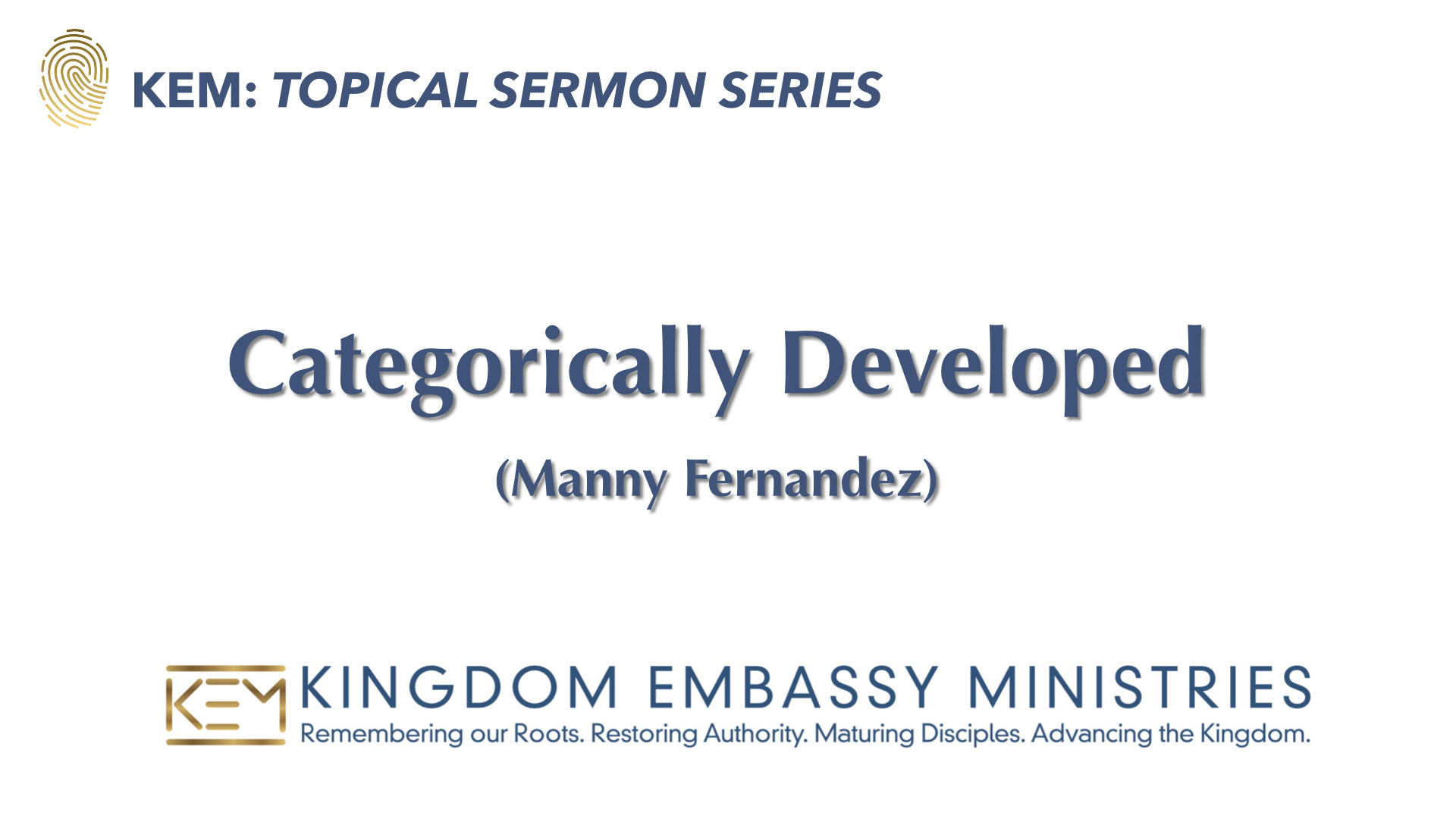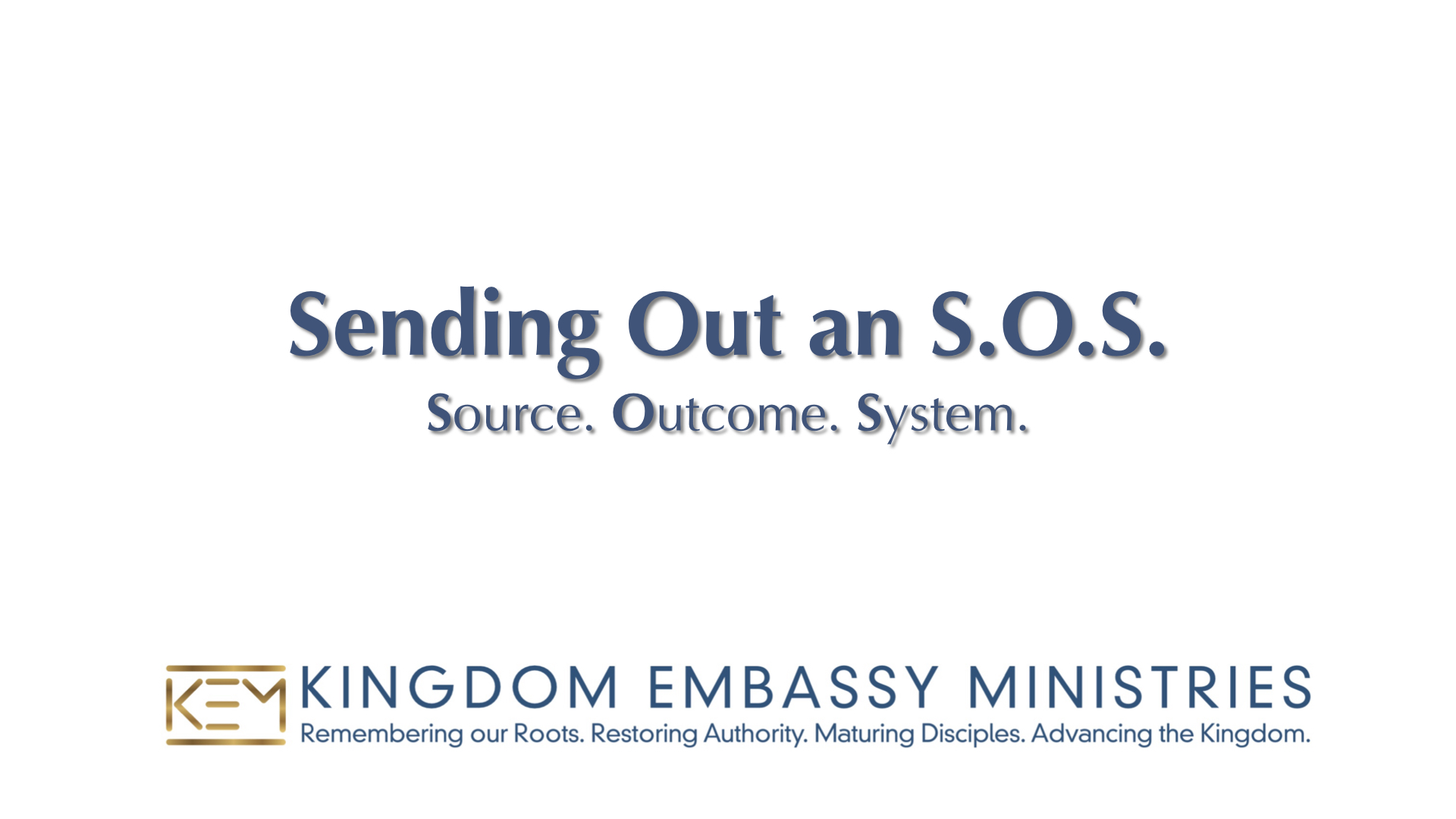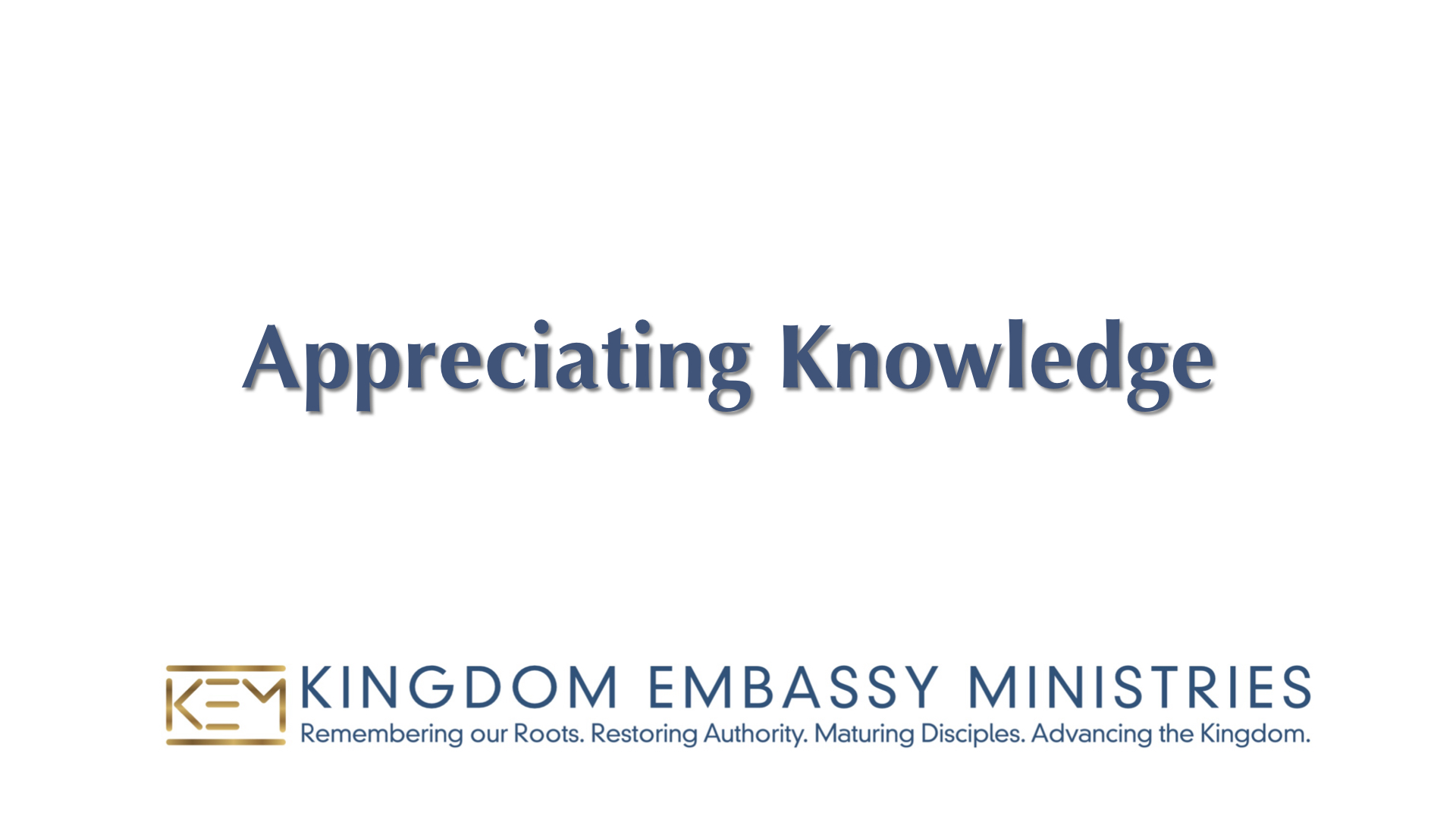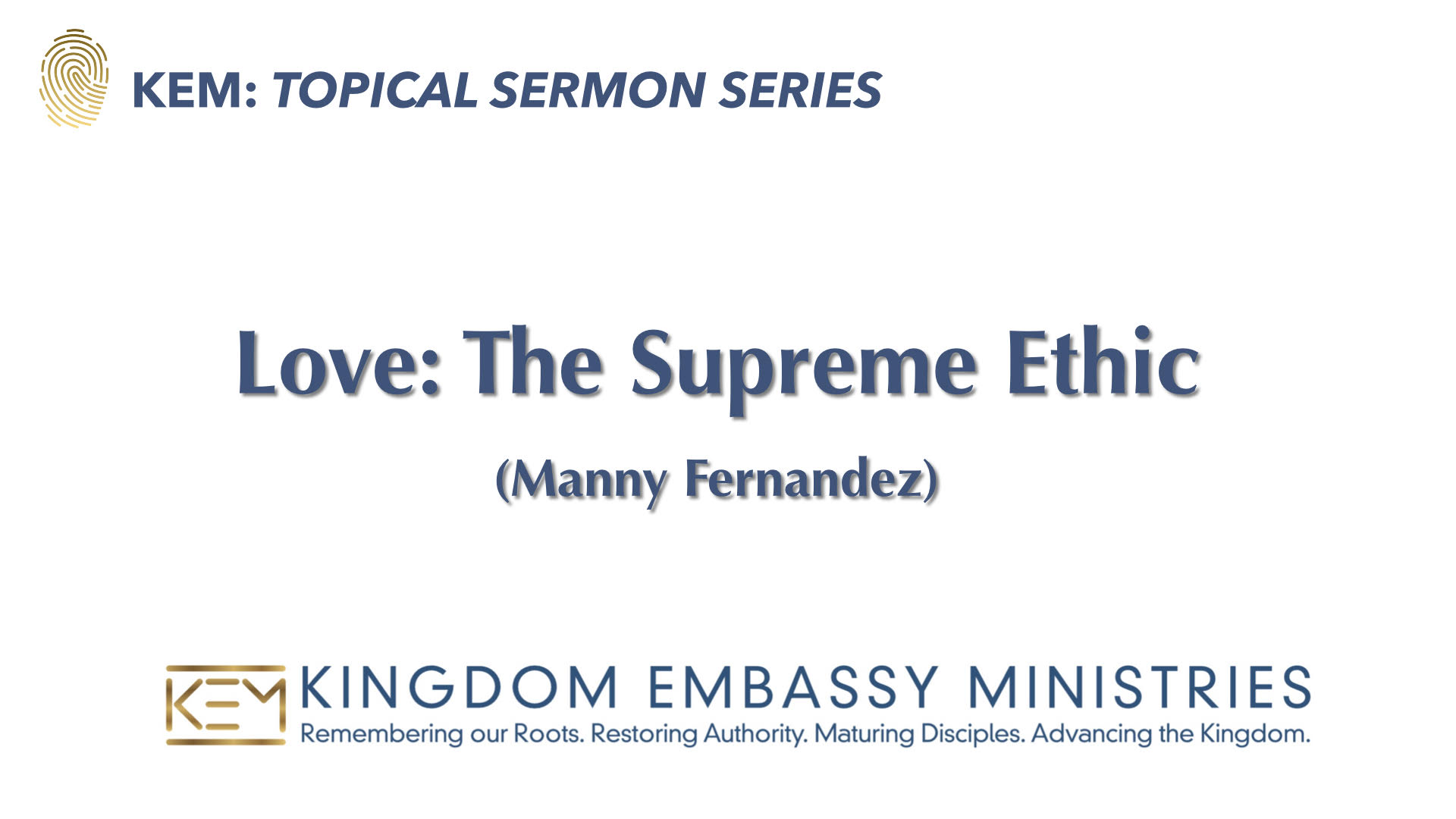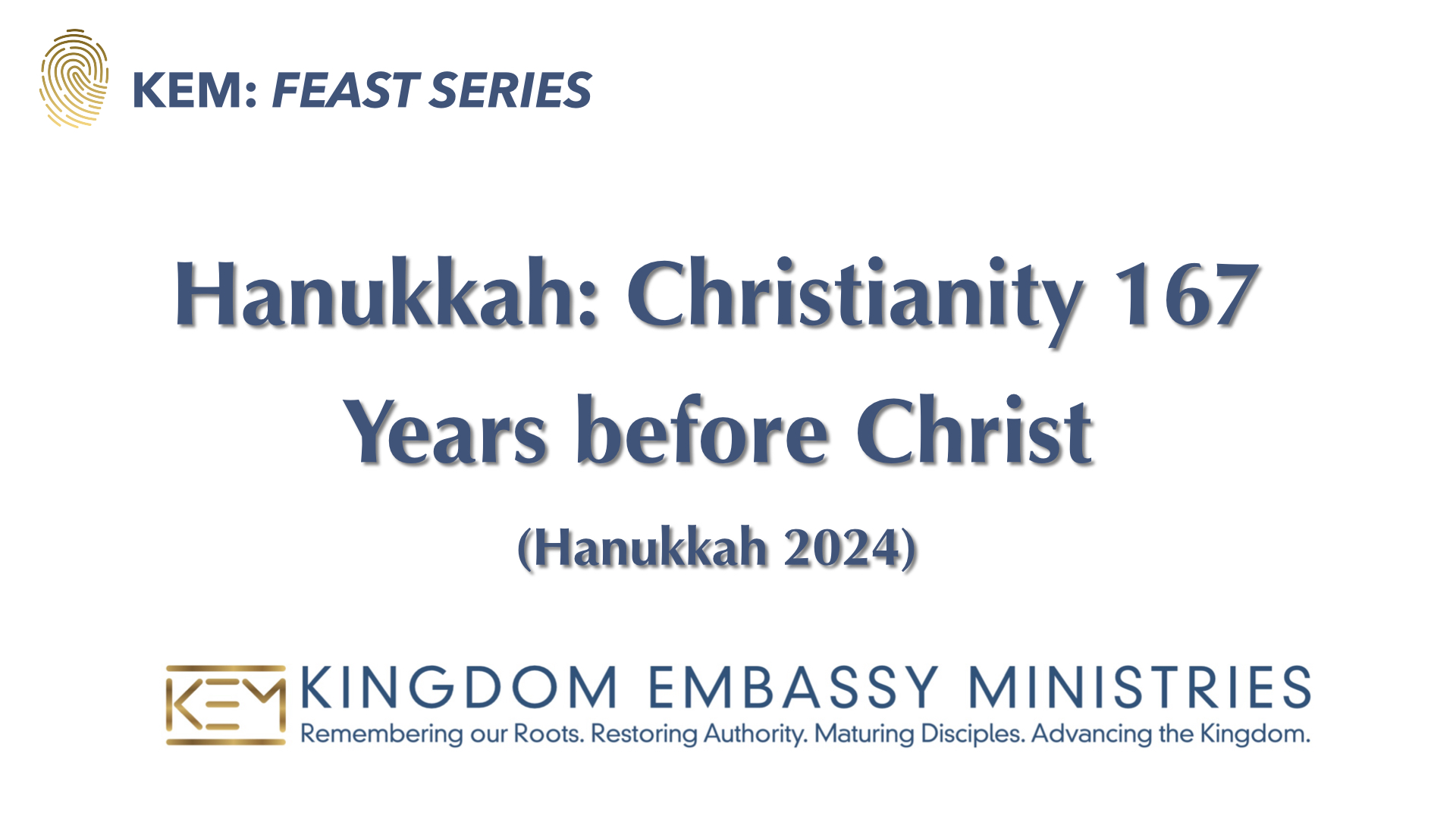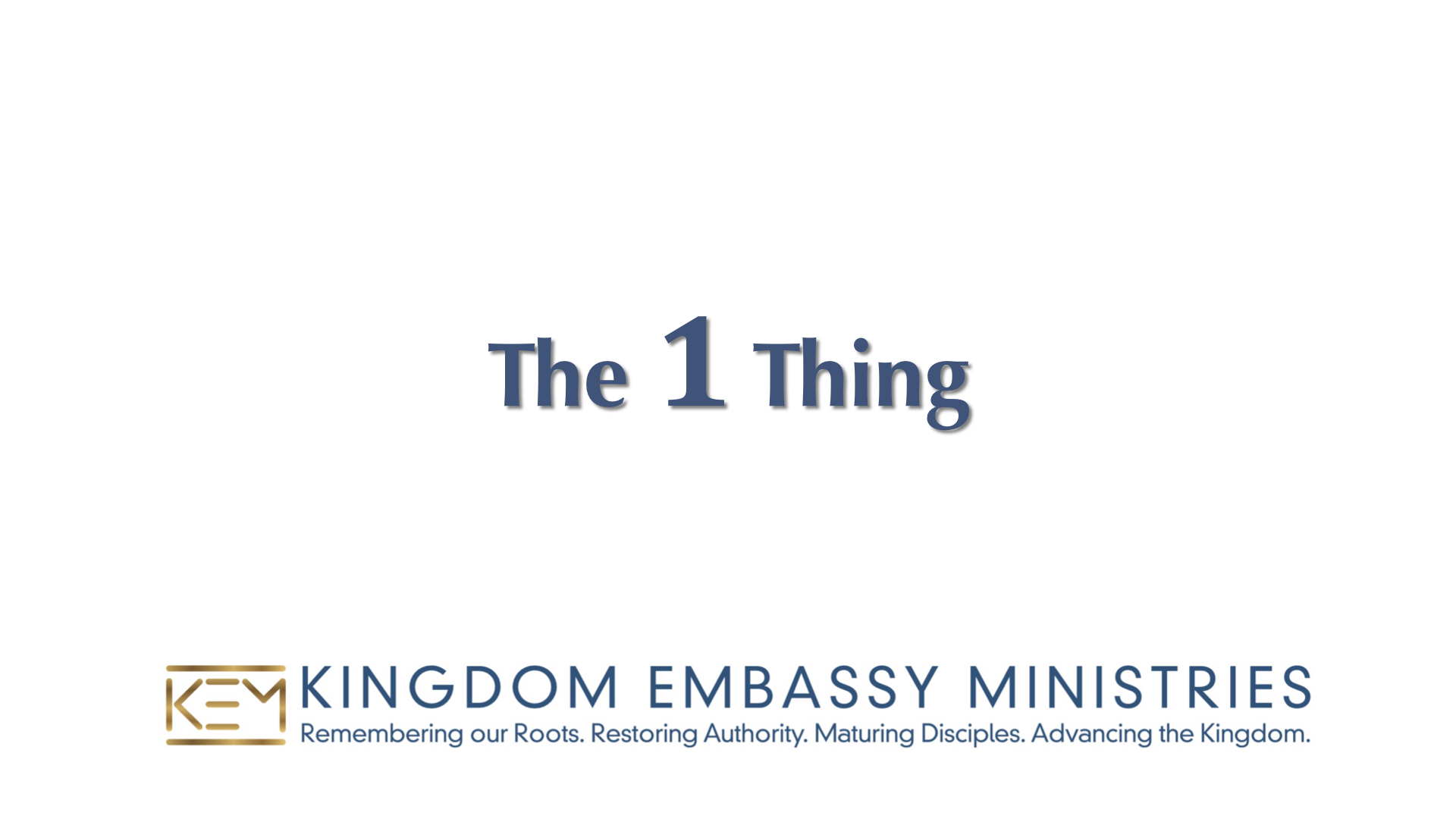Sermon Notes & Videos
2025-05-02 | Abiding In Christ Amid Deception | Manny Fernandez
KEM Topical Sermon Series: 1 John 2:18-23 “Children, it is the last hour, and as you have heard that antichrist is coming, so now many antichrists have come. [...]
2025-04-25 | A World Worthy Of Hate! | Manny Fernandez
KEM Topical Sermon Series: 1 John 2:15-17 “Do not love the world or the things in the world. If anyone loves the world, the love of the Father [...]
2025-04-18 | II Peter 1:5-7 | Object Lesson: Brotherly Affection | #17
Sermon Notes | Faith is the foundation of the Christian life and it is a gift from God that came to you by way of His grace. And [...]
2025-04-12 | Passover Haggadah | The Telling: 2025
Haggadah 2025 | From Anointing to Resurrection | When your children ask, what will you tell them? What happens when God’s children have separated from their roots, forgotten [...]
2025-04-11 | John 13:17 | Go Prepare the Passover | Preparation Day 2025
Feast Notes | Asking questions is one of the most effective ways to engage the mind on a deeper level. Paul and Y’shua used this rabbinic style often [...]
2025-04-04 | II Peter 1:5-7 | Object Lesson: Godliness | #16
Sermon Notes | Faith is the foundation of the Christian life and it is a gift from God that came to you by way of His grace. And [...]
2025-03-27 | II Peter 1:5-7 | Object Lesson: Perseverance | #15
Sermon Notes | Faith is the foundation of the Christian life and it is a gift from God that came to you by way of His grace. And [...]
2025-03-21 | II Peter 1:5-7 | Object Lesson: Self-Control | #14
Sermon Notes | Faith is the foundation of the Christian life and it is a gift from God that came to you by way of His grace. And [...]
2025-03-14 | Esther 1:10 | Purim 2025 | The Queen who was Willing to Die
Sermon Notes | The law of Moses describes how God’s mighty act of deliverance is the meaning behind holidays such as Passover and Tabernacles. The book of Esther [...]
2025-03-07 | II Peter 1:5-7 | Object Lesson: Knowledge | #13
Sermon Notes | Faith is the foundation of the Christian life and it is a gift from God that came to you by way of His grace. And [...]
2025-02-28 | II Peter 1:5-7 | Object Lesson: Virtue | #12
Sermon Notes | Faith is the foundation of the Christian life and it is a gift from God that came to you by way of His grace. And [...]
2025-02-21 | Categorically Developed | Manny Fernandez
KEM Topical Sermon Series: 1 John 2:12-14 “I am writing to you, little children, because your sins are forgiven for his name’s sake. I am writing to you, [...]
2025-02-14 | II Peter 1:5-15 | The Disciple Factory | #11
Sermon Notes | If you are willing to engage in all that it takes to become a diligent disciple, intense intimacy with Christ will be your reward, regardless [...]
2025-02-07 | II Peter 1:2-4 | To Partner with God | #10
Sermon Notes | In an awe-inspiring grace-empowered moment of massive revelation, a feeling of serenity envelops you as you discover God’s perfect will. The magnitude and excellence of [...]
2025-01-31 | II Peter 1:3 | Sending Out an S.O.S. | #9
Sermon Notes | As we explore His precious and exceedingly great promises, maybe there is none more important on which to elaborate than from which all others originate. [...]
2025-01-24 | II Peter 1:2-5 | Appreciating Knowledge | #8
Sermon Notes | It’s a progression of knowledge or might we say progressive knowledge. It comes in stages, oftentimes developing gradually over time in a step-by-step process. And [...]
2025-01-17 | II Peter 1:2 | Perfect Peace | #7
Sermon Notes | Peace is a many-faceted concept. In light of God’s promises, His perfect peace was made available to you when you became a child of God. [...]
2025-01-10 | Love: The Supreme Ethic | 1 John 2:7-11 | Manny Fernandez
“Beloved, I am writing you no new commandment, but an old commandment that you had from the beginning. The old commandment is the word that you have heard. [...]
2025-01-03 | II Peter 1:2 | Grace: Learn to READ | #6
Sermon Notes | It’s so much more than just a ticket to ride. Sure, if you cannot board the train to paradise, then there is nothing further to [...]
2024-12-27 | 1-2 Maccabees | Hanukkah-Christianity 167 Years before Christ
Feast Notes | ` Hanukkah: Christianity 167 Years before Christ It was the Feast of Dedication and Y’shua was fully aware of what was about to happen and [...]
2024-12-20 | II Peter 1:9 | The 1 Thing | #5
Sermon Notes | For this very reason be diligent to add these things to your faith, these many things and for so many reasons—promises really. If these things, [...]

